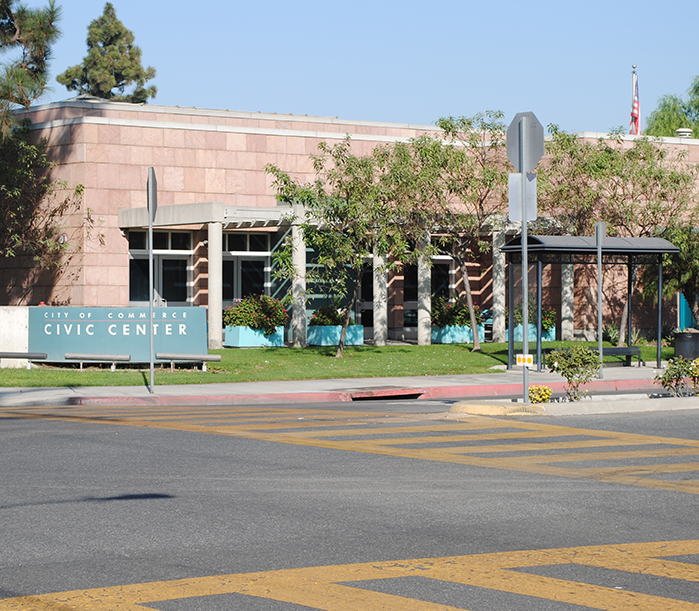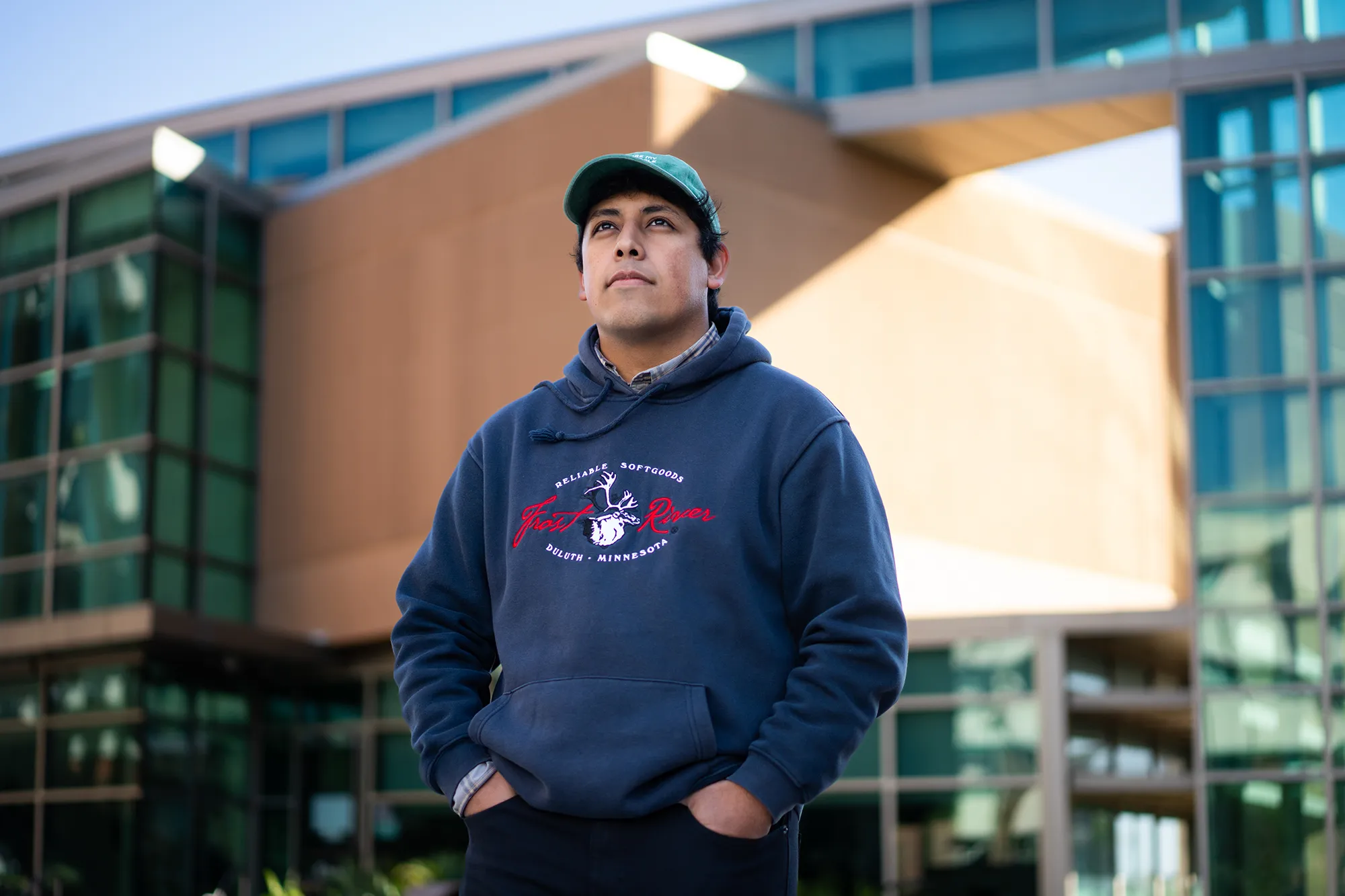By Alfredo Santana
Contributing Writer
LOS ANGELES — Plunging municipal sales taxes and customers fears of contracting COVID-19 in retail shops and restaurants have forced many cities in Southeast Los Angeles County to reconfigure their budgets: renegotiating police contracts, freezing new hires and canceling services to plug money gaps.
Eight months into the global health pandemic, cities are scrambling to reassess expenses, with some withdrawing money from special rainy day accounts to meet contracts and pay employees, as new increases in COVID-19 cases threatening businesses and government agencies with renewed lockdowns to contain the spread of the pandemic.
Paramount has reported a $2.14 million shortfall in revenues for the fiscal year that ended in June. The city expects to cushion the loss of sales taxes, licensing permits, citations and fees with the passage of Measure Y, adding a three-quarter-cent sales tax increase that is expected to result in a $4.2 million influx in funds.
City Manager John Moreno forecasts $52.6 million in revenues and $64.3 million in expenditures in fiscal year 2020-21, with the use of nearly $6 million in restricted funds to cover budget holes.
“We will continue to retain most of the traditional services, programs and events our residents and businesses have come to expect, appreciate and enjoy,” Moreno said in a statement.
In the city of Commerce, the lockdown of the Commerce Casino and temporary closure of the Citaldel shopping mall devastated the city’s fiscal outlook this summer, poking a revenue hole of $13.5 million from March through June, and leaving a $15 million budget deficit.
Commerce’s City Manager Edgar Cisneros issued city staff furloughs and termination notices, and ordered cuts of up to 25% across departments, excluding police and transportation.
The city used $12.4 million of a $25 million in rainy-day reserve fund to offset the fiscal blow.
Cisneros said that federal aid from the CARES Act is allocated based on the number of residents, and that funds are not enough to shore up the woes inflicted upon by the virus. Commerce’s annual general budget for 2019-20 was $65.3 million.
“The city will be unable to meet its financial obligations and maintain services at the current level, which means a reduction in services and a reduction in personnel must take place,” Cisneros said.
Pico Rivera’s City Manager Steven Carmona announced that the city adopted a budget with a projected deficit of $1.27 million, with revenue flows of $39 million and expenses accounting for $40.3 million this fiscal year.
The city will draw funds from its economic stabilization fund to close the shortfall. Carmona blamed the shelter in place and commercial lockdown ordered by the state and the county for the budget pitfalls.
“There is no ‘business as usual’ for the fiscal year 2020-21 adopted budget,” Carmona said.
Also, Pico Rivera averted a $633,000 additional payment to the $12.5 million a year contract with the Los Angeles County Sheriff’s Department this year to provide safety and policing, in line with the Lynwood City Council’s refusal in August to foot a 5.57% increase following Black Lives Matter’s national protests to defund police departments.
Lynwood also reported plunging revenues due to enduring low sale taxes as COVID-19 rages on. The city would have paid $12.2 million to the Sheriff’s Department for one year of law enforcement services.
Bell managed to approve a $12.7 million general budget for 2020-21, with expenses of $13.3 million, running a projected shortfall of about $600,000.
Interim City Manager Paul Phillips blamed the coronavirus for the economic toll the city suffered, and paired it with stay at home and business shuttering mandates that hit its books hard, jeopardizing retirement funding.
“Suddenly declining revenue sources and growing pension liabilities presented the city with a new paradigm ripe with vast new challenges of unknown complexity and depth which had to be prudently and systematically addressed,” Phillips said.
As a result of the COVID-induced economic crisis, Phillips said that no one can “precisely predict the scope” of any budget deficits the city will face this year and beyond. Bell has an emergency fund reserve of $14 million, and it plans to draw from it to close the budget gap, while capping salary increases and not filling job vacancies.
For its part, South Gate projects an income of $113.3 million for this year’s general budget, with maintenance and expenses of nearly $115.8 million, resulting in an operating deficit of $2.4 million. The city captured $118.5 million the previous fiscal year in sales, property taxes and issuance of a myriad of licenses and permits before the coronavirus.
The city’s website said that to balance the budget the city “can consider reducing services provided to the community,” with a combination of using fund reserves, and stopping new hires to stay afloat during the current fiscal year. It did not say what services may be trimmed or canceled.
South Gate also vowed to attract new businesses and spur new openings to increase revenues.
Norwalk adopted a $159 million budget, with $55 million going to its general fund, and the same amount projected to be spent. City Manager Jesus Gomez attributed the city’s investment on technology and online training for its ability to continue providing essential services.
Maywood City Manager Jennifer Vasquez said her city is running a general budget of $11.2 million in revenues and expenses, underscoring the “better financial conditions, in comparison to past practices.”
Vasquez did not say to what degree the coronavirus impacted established business and grocery stores, and how much the lockdowns hurt the city’s coffers.
Whittier’s City Manager Brian Saeki reported a slide in sales taxes during the coronavirus pandemic, and projected a general budget for 2020-21 of $72.8 million and expenses of $71.5 million, with additional reserves of $11 million.
The city forecasts a budget surplus of $1.3 million in fiscal year 2020-21.
Saeki said Measure W, a tax sales increase approved March 3, helped stabilized income projections and would bring in $6.3 million to shore up expenses in parks, police, homelessness and other services.
Although Downey reported reductions in sale taxes because of the ongoing pandemic, City Manager Gil Livas projected general fund revenues of $106.8 million for 2020-21, and expenses of $98.2 million.
Livas said the allowance for small businesses to report taxes up to a year later due to economic injury sustained by the coronavirus would cause a reduction in services and programs in the future.
Bell Gardens, a city that collects 45% of its revenues from the Bicycle Casino, had projected revenues and expenses until June 30 of $31.7 million.
The casino was closed from March 19 until June, was ordered to close again in July and reopened Oct. 5 with outdoor gaming tables. The city collects about $14.2 million from the casino on sales and operation taxes a year, and it may have lost between $6 and 7 million during the time the casino was closed.
Bell Gardens account manager Rimo Hanson did not return an email requesting data from the current budget before presstime.











